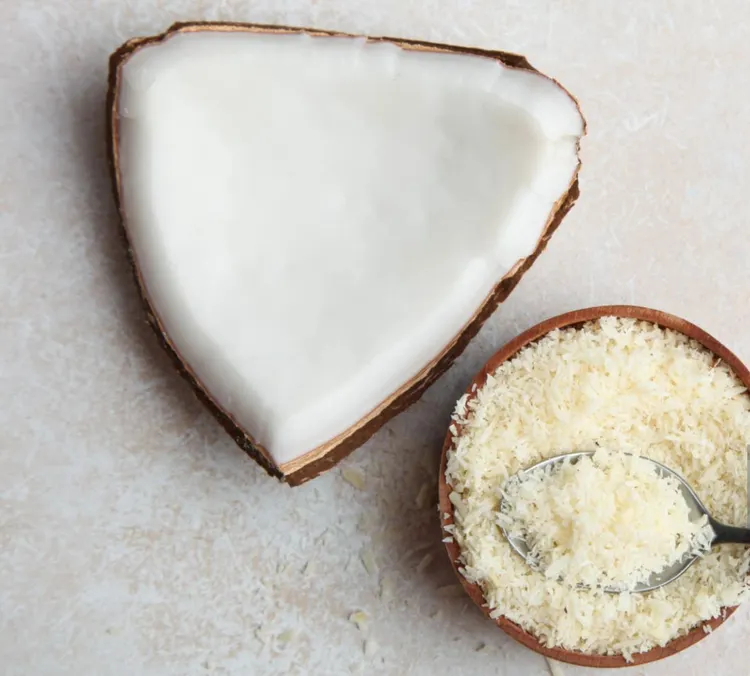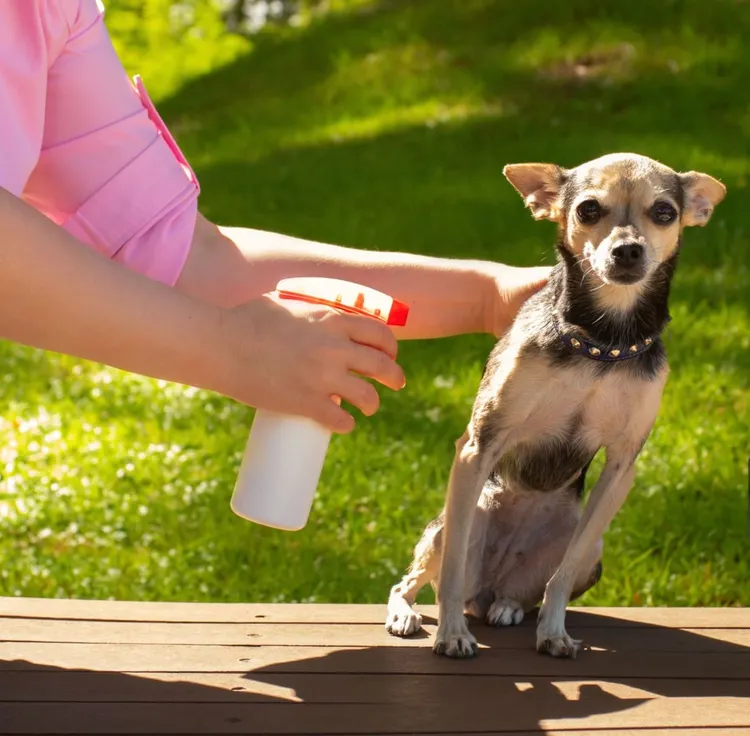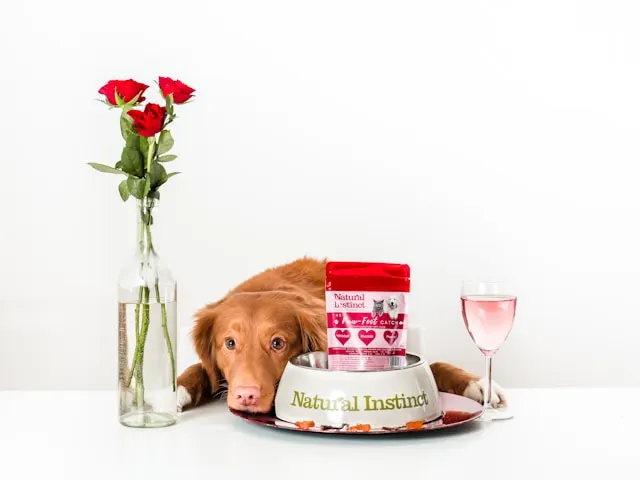Is your dog constantly scratching or licking their skin? Dry skin in dogs is a common concern that can cause them discomfort and lead to further issues if left untreated. The good news is that with eco-friendly, natural remedies and a bit of care, you can heal your dog’s dry skin and keep their coat healthy.
Whether it’s allergies, environmental conditions, or poor nutrition, understanding the root cause is essential. In this post, we’ll explore the common triggers of dry skin in dogs and provide eco-conscious remedies and long-term prevention strategies to soothe and heal your pet’s skin naturally.
Common Causes of Dry Skin in Dogs
Dry skin can be triggered by various factors, from environmental conditions to food sensitivities. By identifying the cause, you can implement the most effective solutions.
1. Allergies
- Food Allergies: Certain ingredients in your dog’s diet—such as wheat, corn, soy, or certain proteins—can trigger allergic reactions that cause dry skin and itching. If your dog has food allergies, you may notice symptoms like dry, flaky skin, gastrointestinal issues, or excessive licking.
- Seasonal Allergies: Dogs, like humans, can be sensitive to pollen, mold, or dust mites. Seasonal allergies often result in dry, irritated skin, particularly during times when allergens are abundant, such as spring or fall.
- Environmental Irritants: Chemicals in household cleaning products, shampoos, or yard treatments can also cause skin irritations. Opt for natural, plant-based cleaning supplies to minimize exposure to irritants.
2. Environmental Conditions
- Dry Air: Just like humans, dogs can suffer from dry skin due to a lack of moisture in the air. This is common in winter when indoor heating reduces humidity levels, leading to dry, flaky skin.
- Cold Weather: Cold temperatures can strip away the natural oils on your dog’s skin, making it dry and itchy. Additionally, harsh winds and snow exposure can exacerbate this condition.
- Over-Bathing: Frequent bathing, especially with shampoos that contain harsh chemicals or sulfates, can remove essential oils from your dog’s skin, leading to dryness. Stick to natural, sulfate-free products to avoid over-stripping their coat.
3. Poor Nutrition
A dog’s diet plays a significant role in their skin health. Omega-3 and omega-6 fatty acids are essential for maintaining healthy skin. A diet lacking these fatty acids can cause dry, flaky skin and an overall dull coat. High-quality dog food rich in these nutrients is key to addressing this issue.
4. Parasites or Infections
- Mites, Fleas, and Ticks: These external parasites can cause irritation and dryness as your dog scratches and bites at the affected areas. Natural flea and tick prevention is essential to avoid dry skin triggered by infestations.
- Fungal or Bacterial Infections: Sometimes, dry skin can be a result of a deeper issue such as fungal infections (like ringworm) or bacterial infections. In these cases, veterinary care is necessary.
Natural Remedies to Heal Dry Skin
Once you’ve identified the cause of your dog’s dry skin, it’s time to treat it with eco-friendly and natural solutions. These remedies focus on healing and soothing the skin while keeping your dog’s environmental impact low.

1. Coconut Oil Rub
Organic coconut oil is a powerful natural moisturizer that can penetrate your dog’s skin and coat to soothe dryness. Coconut oil contains antimicrobial and anti-inflammatory properties that can help with irritated or flaky skin.
- How to Apply: Massage a thin layer of organic coconut oil into your dog’s skin, paying extra attention to dry patches. It’s safe if they lick some off but keep the application light to avoid an overly greasy coat.
2. Oatmeal Baths
Oatmeal is a natural anti-inflammatory and soothing agent for dry, itchy skin. An oatmeal bath can help relieve inflammation, itching, and discomfort.
- How to Use: Finely grind plain oats into a powder and mix them with warm water to create a soothing bath. Let your dog soak in the oatmeal bath for 10–15 minutes before rinsing. For added relief, choose an organic, oatmeal-based shampoo.
3. Aloe Vera Gel
Aloe vera is well-known for its ability to soothe and heal dry or irritated skin in both humans and dogs. The cooling gel reduces inflammation and promotes healing naturally.
- How to Apply: Use pure aloe vera gel, preferably from an organic source or directly from the plant. Apply a small amount to your dog’s dry or itchy areas, avoiding areas where they can lick it off immediately.
4. Fish Oil Supplements
Omega-3 and omega-6 fatty acids are essential for healthy skin and a shiny coat. Adding fish oil supplements to your dog’s diet can help improve their skin’s moisture levels and overall health.
- How to Use: Consult your vet to determine the appropriate dose, and look for sustainably sourced fish oil supplements, or consider flaxseed oil for a plant-based alternative.
5. Humidifier Use
Using a humidifier indoors can add moisture back into the air, reducing the effects of dry air on your dog’s skin, especially during winter. Opt for an energy-efficient humidifier to keep your home’s humidity levels balanced without harming the environment.
Long-Term Prevention Strategies
Preventing dry skin in dogs is often easier than treating it. Here are some long-term strategies to maintain your dog’s skin health naturally.

1. Balanced Diet
A well-balanced diet that includes healthy fats, vitamins, and minerals is essential for your dog’s overall health, including their skin. Look for high-quality, organic dog food that contains essential fatty acids like omega-3 and omega-6, and avoid artificial additives or fillers.
- Eco-Friendly Tip: Choose brands that use sustainably sourced ingredients and prioritize minimal packaging waste.
2. Limit Bathing
Over-bathing can strip the skin of its natural oils, leading to dryness. Limit baths to when your dog really needs them (e.g., after getting dirty) and use sulfate-free, natural shampoos.
- Eco-Friendly Tip: Look for shampoos that contain biodegradable ingredients and are packaged in recyclable bottles.
3. Eco-Friendly Grooming Routine
Regular brushing can help distribute your dog’s natural oils and prevent matting, which can exacerbate dry skin. Use brushes made from sustainable materials like bamboo or other biodegradable options.
- Tip: Regular grooming also helps remove dirt and debris from their coat, reducing the likelihood of irritants causing dry skin.
4. Flea and Tick Prevention
Prevent flea and tick infestations naturally by using plant-based repellents. Essential oils like cedarwood, peppermint, and lemon eucalyptus can repel fleas and ticks without introducing harsh chemicals to your dog’s skin.
- Tip: Ensure that essential oils are diluted and used safely. Some oils can be toxic if applied incorrectly.
When to See a Vet
If natural remedies and prevention strategies aren’t relieving your dog’s dry skin, it may be time to consult a vet. Persistent dryness, redness, or itching could be signs of a more serious underlying issue.
- Seek veterinary advice if your dog’s dry skin is accompanied by hair loss, sores, or excessive scratching. Your vet may recommend allergy testing, antifungal treatments, or other medications depending on the cause.
With the right care, you can heal your dog’s dry skin naturally using eco-friendly remedies. Whether it’s applying coconut oil, giving them an oatmeal bath, or adding fish oil supplements to their diet, these natural treatments can soothe irritation and restore moisture to your dog’s skin.
By making simple, sustainable changes to your dog’s grooming routine and diet, you can prevent dry skin and keep your furry friend happy and comfortable. Remember, natural solutions are not only gentle on your dog but also better for the environment.



